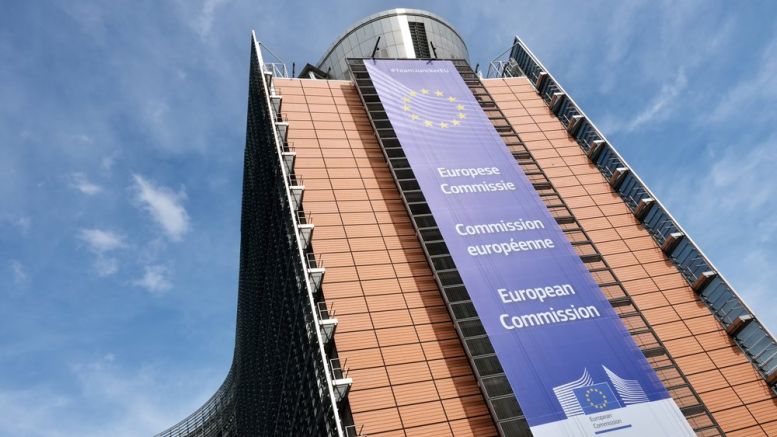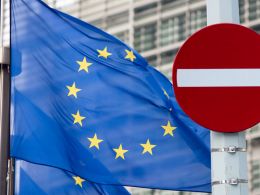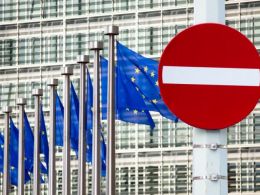
European Commission Considering Limits on Virtual Currency Transactions
The European Commission has released an Inception Impact Assessment [PDF] considering transaction limits on virtual currency transactions as it steps up efforts in its fight against the financing of terrorism. On 2 February, 2016, the Commission published a Communication to the Council and the Parliament on an Action Plan to tackle terrorism financing. The Action Plan builds on existing EU rules to adapt to new threats and intends at updating EU policies that are in line with international standards. In a bid to deal with the controls of cash entering or leaving a country, reference is....
Related News
In a proposal today, the European Commission – the executive arm of the European Union – sought stricter rules on the use of virtual currencies like bitcoin. Citing reasons of terrorism and money laundering, the European Commission has proposed stricter rules for the use of virtual currencies, an official press release revealed today. The changes will see digital currency exchanges and wallet providers fall under the purview of the Anti-Money Laundering Directive (AMLD). Such a move will seek to bring an end to the anonymity associated with digital currency transactions. The proposed rules....
The European Commission, the executive branch of the EU, is weighing a limit on cash transactions in a move that may also affect digital currency payments. According to an impact assessment published by the Commission, the aim of the proposal is to curtail payments in cash, which critics say promotes anonymity when transacting. Any restrictions, the roadmap states, “would be a mean to fight criminal activities entailing large payment transactions in cash by organised criminal networks” – with a similar impact on terrorist financing as well. On the same foot, such efforts could be used to....
The European Banking Authority (EBA) has advised that the European Commission establish a regulatory regime specific to virtual currencies such as bitcoin. Commenting on the commission’s proposal to amend the existing European anti-money laundering directive, the EBA expresses the opinion that, in the long term, oversight of digital currencies should not fall under regular anti-money laundering provisions, but rather under a specialized EU body. In a response to the commission published by the EBA in August 2016, the banking authority suggests that the existing anti-money laundering....
In a sweeping effort to present an action plan to combat and curb terrorism financing, the European Commission is looking ascertain more information from virtual currency service providers in Europe. The services under the scanner include exchanges and wallets. The European Commission – the executive arm of the European Union – is looking to make several amendments to the Anti Money Laundering Directive (AMLD) in a new proposal through an action plan. The amendments, if enforced, are likely to be mandated by the second quarter of 2016. If the changes come into effect, exchanges and wallet....
Three France-based members of the European Parliament have tabled a motion for a resolution calling "stricter controls over all virtual currency" such as Bitcoin. The trio have even asked to "prohibit" virtual currency exchanges transactions altogether which, in essence, is asking for a ban of all such transactions. Three members of European Parliament, all French nationals, have tabled a motion for a resolution on "controlling virtual currencies such as the 'bitcoin'". The motion was tabled on November 25th, 2015. The members cite Rule 133 of the European Parliament's Rules of Procedure....





